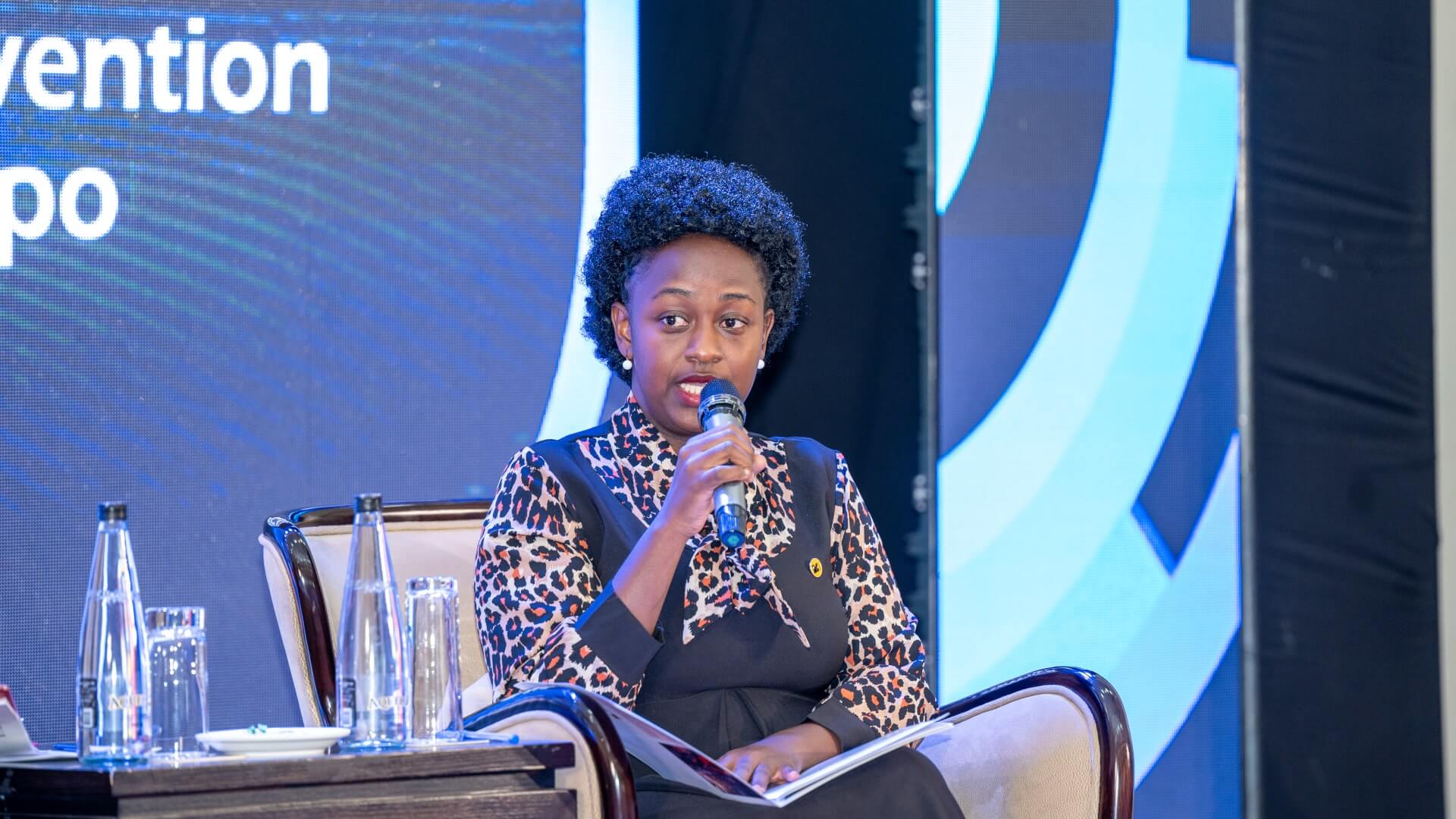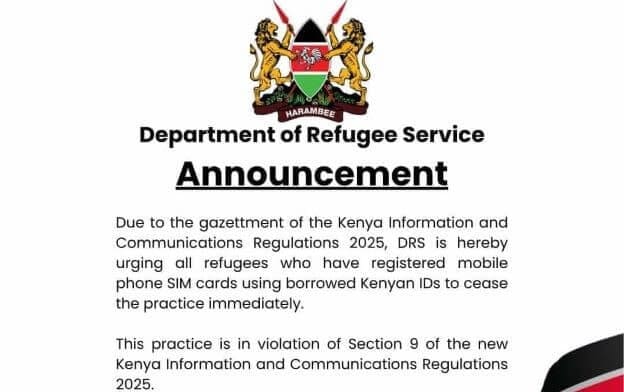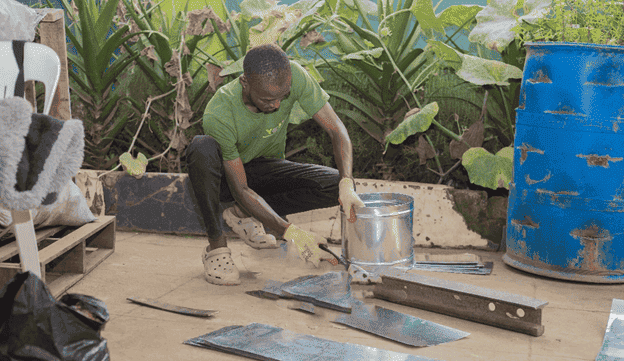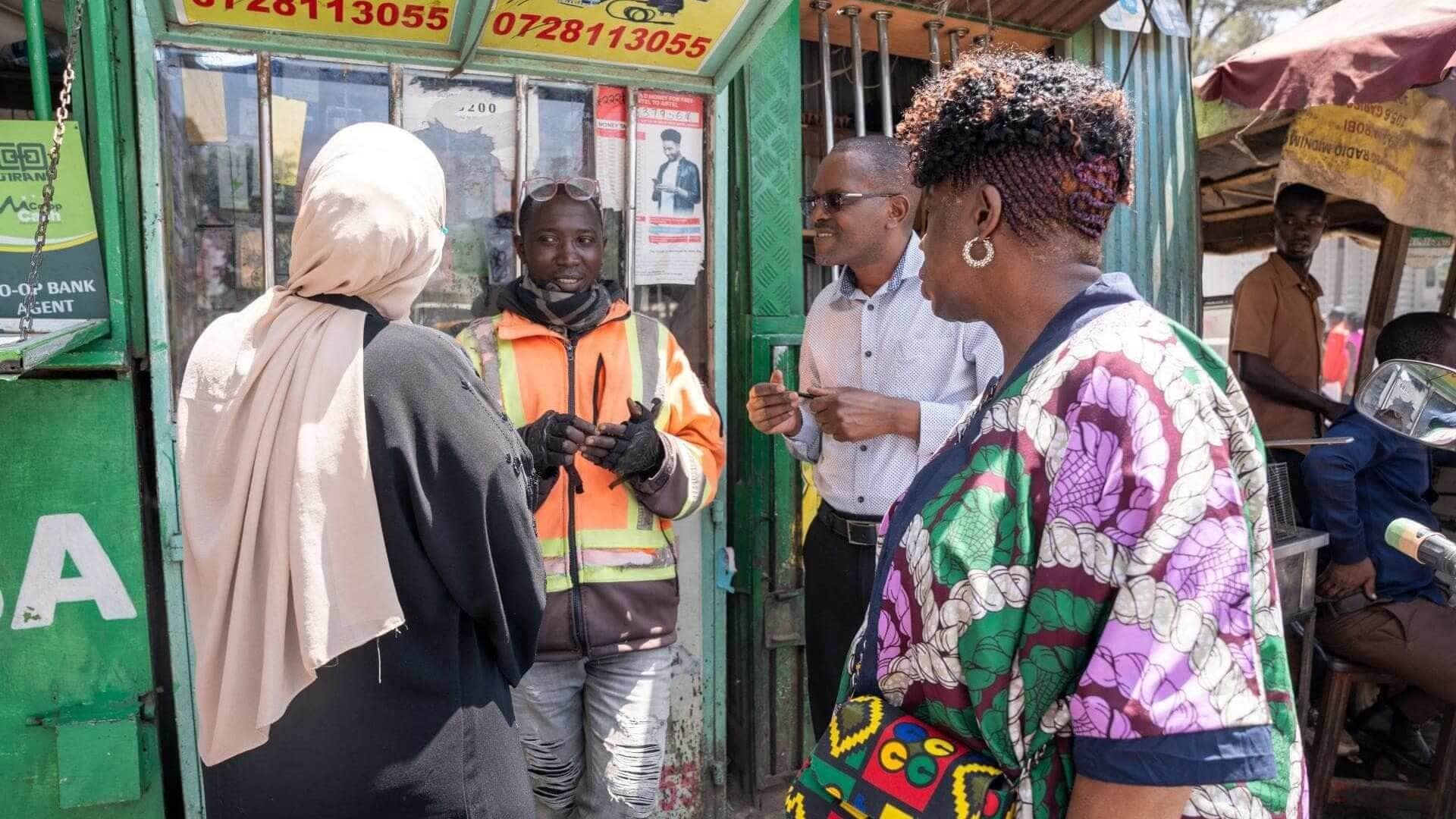The 2nd Annual National Labour Convention. More calls to include refugees in Uganda’s labor market
The 2nd Annual National Labour Convention. More calls to include refugees in Uganda’s labor market
The 2nd Annual National Labour Convention. More calls to include refugees in Uganda’s labor market

April 25, 2024, Kampala. Tina Kalitani Nasasira remarks on a panel discussion during the 2nd Annual National Labor Convention.
A panel discussion on access to labor justice and decent work for vulnerable groups of people particularly refugees, during the 2nd Annual National Labour Convention, called for more action to effectively include refugees in Uganda’s labour market.
The Ministry of Gender, Labour, and Social Development hosted the event, bringing together stakeholders advocating for labor justice to explore strategies for fostering a more equitable and inclusive work environment for all.
Tina Kalitani Nasasira, the Re:BUiLD Advocacy Manager, highlighted numerous challenges refugees face in accessing decent job opportunities even when legal and policy frameworks provide equal opportunities to refugees as their national counterparts.
“Refugees will require work permits, which they can acquire at no extra cost,” Tina said, emphasizing, “But this permit has to be stamped into a professional travel document. Which is hard to get. It's costly and hard to acquire and it will take you about 9 months to 2 years.”
The law in this sense is weaponized against refugees leading to huge pay reductions or no pay at all for their efforts.
“They [employers] know that if you have no work permit, you don't have grounds to approach labor the officers saying, I was cheated or I was not paid,” Kalitani said.
Uganda hosts about 1.6 million refugees and is highly commended for its open-door policy on welcoming refugees. For instance, Uganda’s constitution already prescribes the right for everyone in Uganda to practice their profession and carry out any lawful occupation. Further, the Refugee Act 2006 provides for refugees to work in Uganda, and it is unlawful to discriminate against anyone as prescribed by the Employment Act of 2006.
On the policy side, the environment is conducive as seen in the Comprehensive Refugee Response Framework (CRRF), the Third National Development Plan 2020/21–2024/25 , and the Jobs and Livelihoods Integrated Response Plan (JLIRP) for Refugees and Host Communities 2020/2021–2024/2025.
Tina also highlighted that besides minimal social capital, an employed refugee seeking dispute resolution would find it hard to access labor justices through trade unions. An employed refugee could alternatively turn to trade unions like a Ugandan employee, when seeking labor justice, however, this is not feasible for refugees since a refugee identity is not recognized to join unions.
“So, there is an aspect of social capital being minimal. And this is aggravated by the fact that some of the unions that would ideally support them in seeking some remedies do not admit them. Some unions have a requirement that you have a national ID to be a union member. A refugee does not have a national ID,” Kalitani said.
What remains a challenge is how the implementation of these legal and policy frameworks.
Re:BUiLD continues to encourage discussions around refugee access to decent jobs. The program successfully collaborated with the Federation of Uganda Employees leading to the introduction of the best refugee employers’ category in the 2023 Employer of the Year Awards. This effort aims to encourage companies to employ more refugees.


